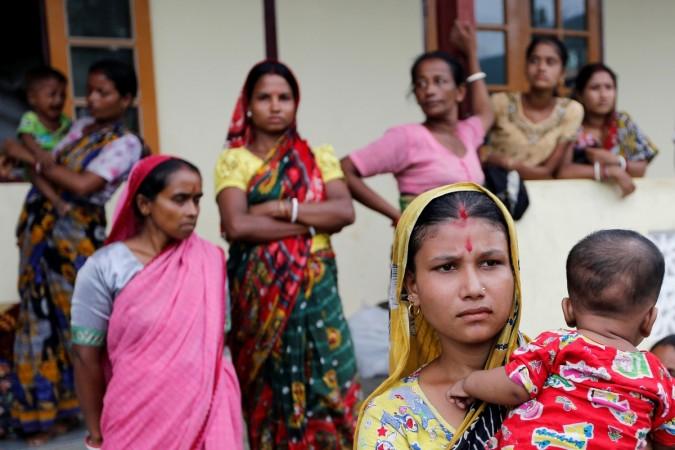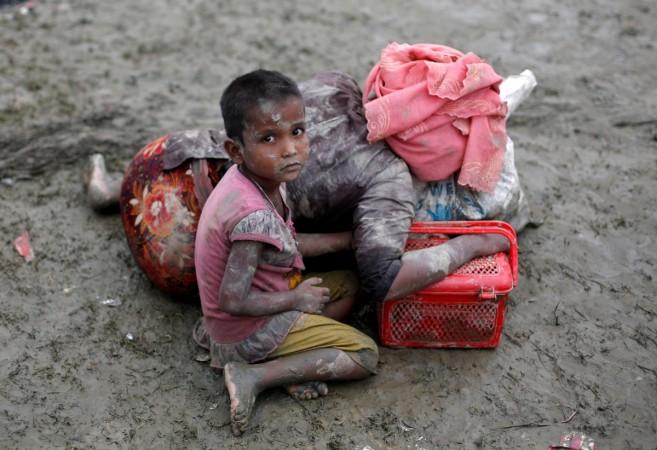As the Rohingya crisis garners more and more attention each day, the United Nations Security Council is set to meet on Thursday, September 28, to discuss the matter. UN Secretary-General Antonio Guterres will also brief the attendees on the crisis, which has been raging in Myanmar since August 25.
The meeting has been arranged after the United States, Britain, France, Egypt, Kazakhstan, Senegal, and Sweden requested for it, in light of the numerous killings in the recent days, reported AFP. Additionally, about 430,000 Rohingya Muslims are said to have fled to various nations including Bangladesh and Malaysia fearing the insurgents and the army.
The Rohingya crisis in Myanmar has been flaring since August 25, when Rohingya militants and the military in Rakhine State clashed. Post the incident, the UN had said that military of Myanmar was carrying out "ethnic cleansing" in the region. Meanwhile, French President Emmanuel Macron went a step further last week and called the crisis "genocide."
The UNSC had earlier said that "immediate steps" must be taken to end the conflict and Guterres also wrote to the council speaking of the "humanitarian catastrophe" which could have an adverse effect not just on Myanmar but also its neighbouring nations.
The same thoughts had been echoed by Bangladeshi envoy Syed Muazzem Ali who told Hindustan Times that the mass exodus of the Rohingya refugees from Myanmar could bring along a "huge security concern" for the region, including India's Northeastern states. "I am more concerned about my own region but the presence of Rohingya refugees elsewhere could be a security risk for everybody else. It could be used even in your northeast India," he told the daily.
Additionally, Myanmar invited the ire of many nations and activists worldwide, and many even demanded the UNSC to warn the country of sanctions if the Rohingya crisis is not solved immediately.

Meanwhile, amid all this, India had backed Myanmar's stand on the Rohingya issue and had been slammed by many nations worldwide including Bangladesh. However, on September 14, it seemed to have softened its stands and sent relief materials to the refugees in Bangladesh and said that multiple consignments would be sent to Bangladesh.
"The relief material consists of items required urgently by the affected people, namely rice, pulses, sugar, salt, cooking oil, tea, ready to eat noodles, biscuits, mosquito nets etc." the Ministry of External Affairs said in a statement. New Delhi also said that it would "provide any assistance required by Government of Bangladesh in this hour of need."

But India has been adamant about its plans to deport about 40,000 Rohingyas back to Myanmar. Though it received quite some backlash on the matter, the Centre said that the step was in the nation's interest. Explaining that many Rohingya refugees have links with terror groups such as the Islamic State of Iraq and Syria (ISIS) as well as Pakistan's spy agency ISI, the Centre told the Supreme Court said that the refugees staying in India would be a threat to its security.
"It is a sensitive matter. Whatever government will do, will be in nation's interest," HT quoted Minister of State for home affairs Kiren Rijiju as saying before the Supreme Court hearing. "We will mention the same in our affidavit to be submitted in the Supreme Court."

















